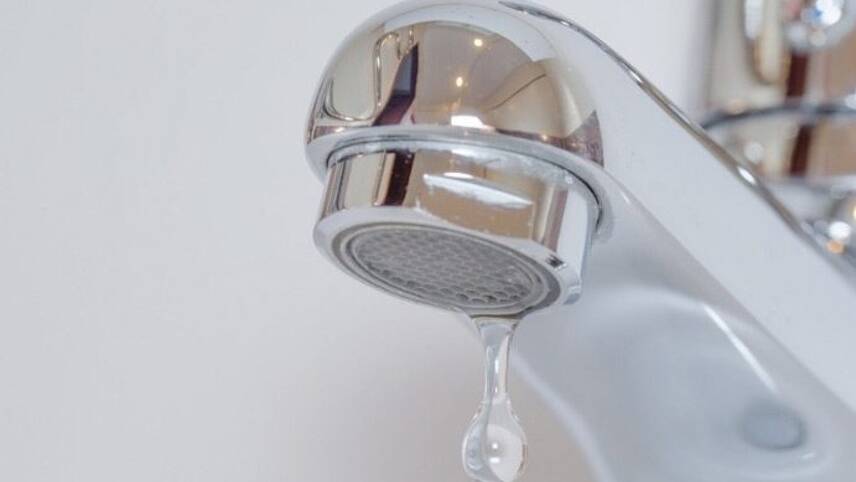Register for free and continue reading
Join our growing army of changemakers and get unlimited access to our premium content

As of 2018
In a letter to the Department for Food, Environment and Rural Affairs (Defra), Water UK claimed that the Environment Bill – which recently passed its second reading in the Commons – “lacks clarity” on water efficiency.
Water UK had previously conducted research concluding that water labelling schemes would be the best option for reducing per capita water consumption in homes and offices – both in terms of impact and cost-effectiveness to central Government and industry.
“These changes would also protect consumers’ water bills and give them information about the appliances they purchase. However, the Government have not yet committed to their introduction,” the new Water UK letter states.
In addition to the introduction of water labelling schemes for appliances, Water UK is calling on Defra to add minimum evidence-based standards for water-efficient use to appliance designers and manufacturers.
The body is also calling for the Environment Bill to be updated to provide clarity on the potential introduction of personal water budgets, first floated by Defra last summer.
Calls for such measures are particularly timely, given that the Covid 19 outbreak is widely expected to an increase of per capita water consumption, due to increased hand washing.
But beyond the immediate pandemic at hand, Water UK re-iterated its demand for clarity and long-term stability post-Brexit, that the sector may make adequate preparations for climate adaptation and mitigation. The body notably oversees an industry-wide pledge to reach net-zero by 2030, but would like to see signatories receive better policy support to enable long-term planning, investment and innovation.
Water UK’s calls to action on the Environment Bill echo those made by shadow Environment Minister Luke Pollard, who said the lack of specific, water-efficiency-related measures in the Bill, proved a “wasted opportunity”.
Environment Agency movements
Following Water UK’s calls to action, the Environment Agency (EA) has released its National Framework for Water Resources – a series of proposals for improving water efficiency through to 2050, in line with megatrends such as global temperature increase and population growth.
The Framework warns that the daily consumption of water, on a per capita basis, needs to be slashed from 2018’s level of 143 litres to 110 litres over the next three decades.
In order to achieve such a reduction, the Framework proposes investments in reducing leakage rates, mandatory water efficiency measures for corporates across all sectors, the creation of new reservoirs and desalination infrastructure, and investment and innovation in re-use systems by businesses with high water footprints.
It additionally proposes policy changes which would make it harder for big businesses to extract water in drought-hit areas or catchments dubbed “sensitive” to future climate impacts.
None of the measures included in the Framework have yet been enshrined into law and could, instead, be subject to consultation if Defra so chooses.
The EA states in the Framework that its next move is to draw up specific plans for each English region, with input from policymakers, regulators, water companies, local authorities and NGOs.
“If we don’t take action many areas of England will face water shortages by 2050,” EA Chair Emma Howard-Boyd said. “The National Framework for Water Resources is the step change required to ensure the needs of all water users are brought together to better manage and share resources.”
While water scarcity may seem like an issue which will only affect developing nations in some of the warmest regions, around 63% of cities globally are now warning of future risks relating to water supply, many of which will be exacerbated by rising temperatures and growing populations.
Last year, the EA’s chief executive Sir James Bevan warned that England could be in the throes of water scarcity within 25 years, without adequate industry and policy changes.
Sarah George


Please login or Register to leave a comment.